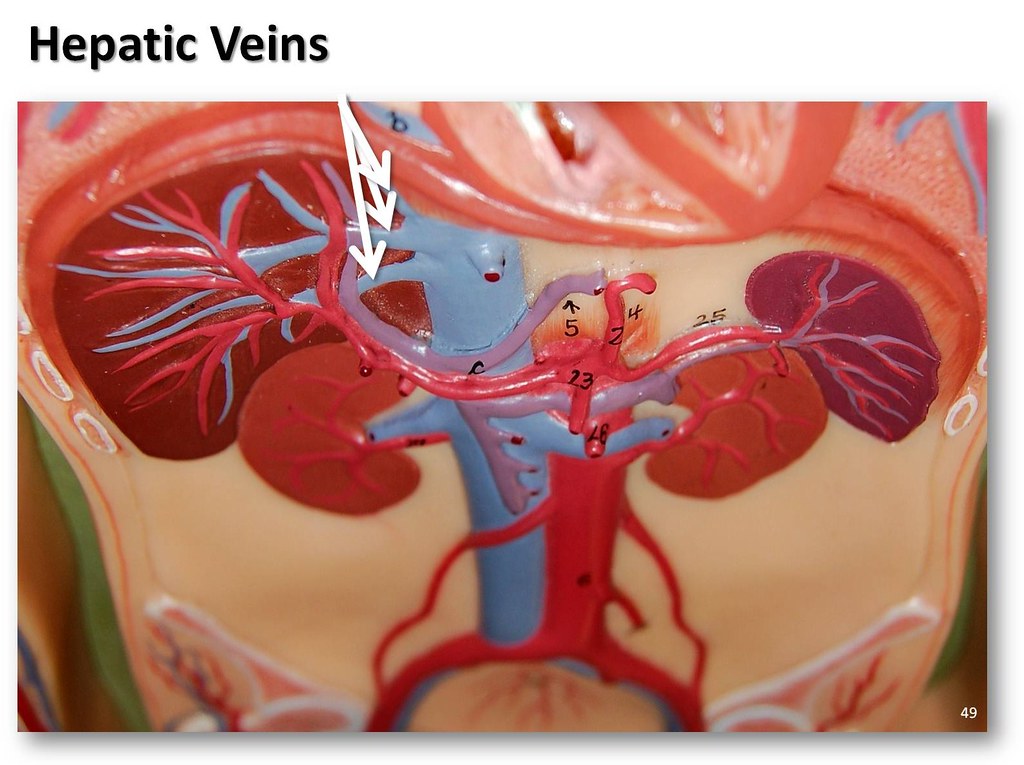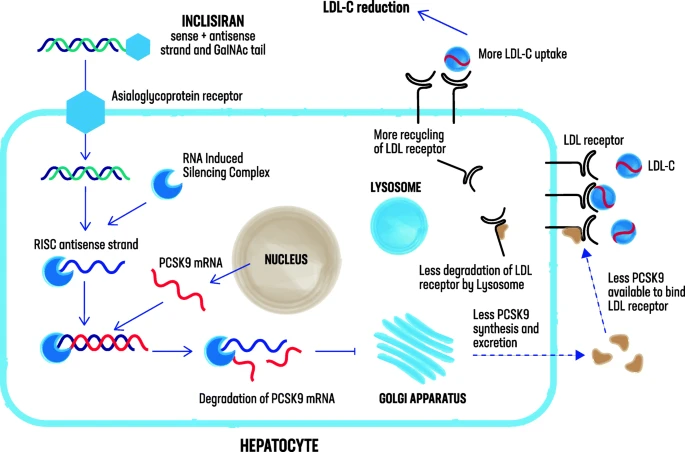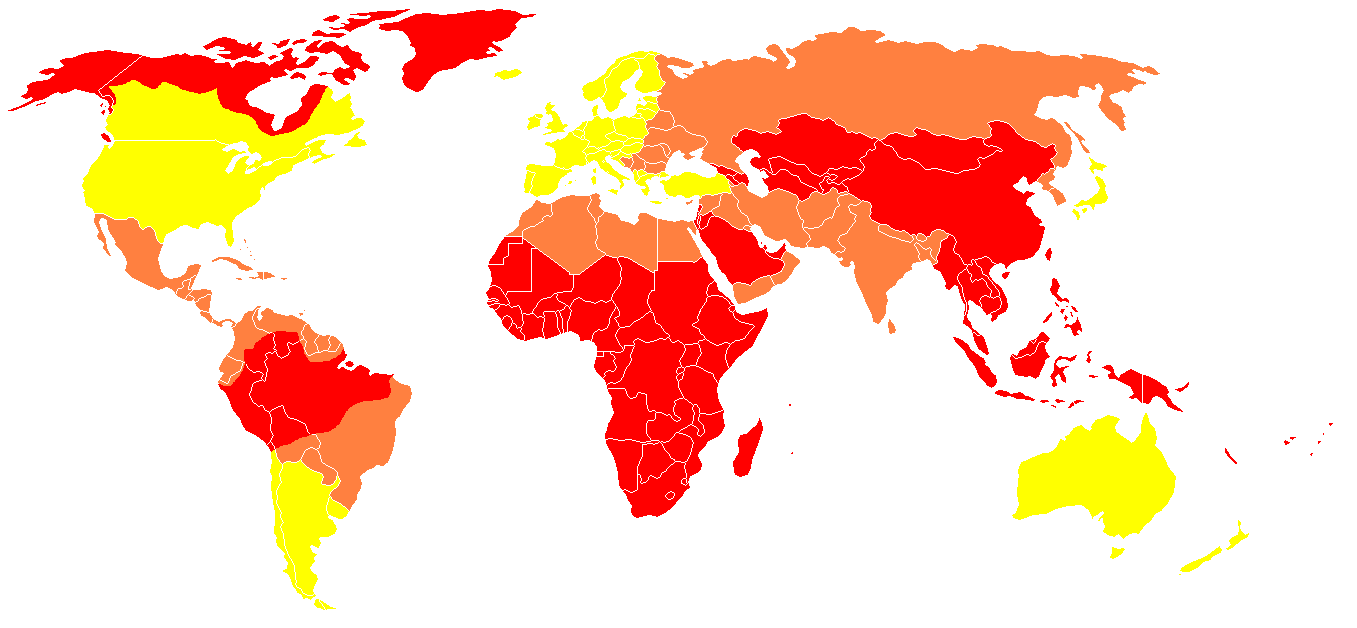28 July is World Hepatitis Day: Raising Global Awareness and Eliminating the Silent Killer
World Hepatitis Day, observed annually on 28 July, is a crucial global initiative to raise awareness about viral Hepatitis and its impact on public health. Organized by the World Health Organization (WHO) and partner organizations, this day is a platform to advocate for effective prevention, diagnosis, and treatment strategies. The burden of viral Hepatitis remains significant worldwide, making this day a vital opportunity to unite nations, communities, and individuals in the fight against this silent killer.

The Burden of Viral Hepatitis:
Viral Hepatitis is a group of infectious diseases caused by different hepatitis viruses, including hepatitis A, B, C, D, and E. These viruses primarily affect the liver and can lead to acute or chronic infections. Despite advances in medical research and treatment, viral Hepatitis continues to pose a significant global health challenge. According to WHO, approximately 290 million people are living with chronic hepatitis B, and 70 million people are living with chronic hepatitis C. These infections lead to over one million deaths annually, rivaling the death toll of other major infectious diseases such as HIV/AIDS, malaria, and tuberculosis.

Objectives of World Hepatitis Day:
World Hepatitis Day aims to achieve several critical objectives, including:
1. Awareness and Advocacy:
The day raises public awareness about the prevalence, modes of transmission, and consequences of viral Hepatitis. It advocates for better understanding and empathy towards those affected by the disease.
2. Prevention:
World Hepatitis Day emphasizes the importance of preventive measures, such as vaccination for hepatitis B and safe practices to avoid transmission. Education and access to healthcare are promoted to reduce the incidence of new infections.
3. Diagnosis and Treatment:
Early diagnosis is vital to prevent the progression of hepatitis infections to chronic liver diseases. The day highlights the significance of testing, early detection, and prompt treatment to save lives.
4. Reducing Stigma and Discrimination:
World Hepatitis Day addresses the stigma and discrimination faced by those living with viral Hepatitis. It encourages compassionate and supportive attitudes towards individuals affected by the disease.

Global Collaboration and Impact:
World Hepatitis Day is celebrated in over 100 countries, bringing together governments, healthcare professionals, non-governmental organizations, and communities to work towards a common goal. The day catalyzes policy development, healthcare infrastructure improvement, and the allocation of resources for hepatitis prevention and control programs.
Global health bodies and partner organizations engage in various activities such as community outreach, educational seminars, free testing campaigns, and vaccination drives. These efforts have improved access to essential medications, diagnostics, and interventions, significantly impacting the burden of viral Hepatitis.
The Road to Elimination:
The theme for World Hepatitis Day 2023, “Hepatitis Can’t-Wait,” emphasizes the urgency of addressing this global health challenge. In 2016, WHO adopted the Global Health Sector Strategy on Viral Hepatitis, aiming to eliminate viral Hepatitis as a public health threat by 2030. Key strategies include expanding vaccination coverage, increasing testing and treatment rates, and improving surveillance systems.
Conclusion:
World Hepatitis Day is a powerful reminder of the importance of concerted global efforts to combat viral Hepatitis. This day plays a vital role in eliminating the silent killer by raising awareness, promoting prevention, enhancing diagnosis, and encouraging treatment. The global collaboration on World Hepatitis Day reinforces the commitment of nations and communities to safeguard public health, ensuring a healthier and hepatitis-free future for generations to come.
FAQ about Hepatitis
Here are some frequently asked questions (FAQ) about Hepatitis:
Q1: What is Hepatitis?
A: Hepatitis is a term used to describe inflammation of the liver. Various factors, including viral infections, excessive alcohol consumption, toxins, and autoimmune diseases, can cause it.
Q2: What are the common types of viral Hepatitis?
A: The common types of viral Hepatitis are Hepatitis A, Hepatitis B, Hepatitis C, Hepatitis D, and Hepatitis E. A different virus causes each kind and has distinct modes of transmission and clinical outcomes.
Q3: How is Hepatitis A transmitted?
A: Hepatitis A is typically transmitted through consuming contaminated food or water. It can also spread through close contact with an infected person.
Q4: How is Hepatitis B transmitted?
A: Hepatitis B is primarily transmitted through contact with infected blood and body fluids or sexual contact with an infected person. It can also pass from mother to child during childbirth.
Q5: How is Hepatitis C transmitted?
A: Hepatitis C is mainly transmitted through contact with infected blood. It is commonly associated with sharing needles among intravenous drug users. It can also be transmitted through sexual communication or from mother to child during childbirth.
Q6: What are the symptoms of viral Hepatitis?
A: Symptoms of viral Hepatitis may include fatigue, jaundice (yellowing of the skin and eyes), loss of appetite, nausea, vomiting, abdominal pain, and dark urine. However, some individuals with chronic Hepatitis may not experience any symptoms for years.
Q7: Can Hepatitis be prevented?
A: Yes, Hepatitis can be prevented through various measures. Vaccines are available for Hepatitis A and Hepatitis B, offering protection against these infections. Additionally, practicing safe hygiene and avoiding contact with infected blood or body fluids can reduce the risk of transmission.
Q8: Is there a cure for Hepatitis?
A: There is no specific cure for all types of viral Hepatitis. However, treatments are available for some forms, such as Hepatitis B and Hepatitis C. Early detection and medical management can help manage the disease and prevent complications.
Q9: How can Hepatitis be diagnosed?
A: Hepatitis can be diagnosed through blood tests that detect specific antibodies or viral genetic material. These tests can help determine the type of Hepatitis and its severity.
Q10: What are the long-term effects of chronic Hepatitis?
A: Chronic Hepatitis can lead to liver damage, cirrhosis (liver scarring), liver failure, and an increased risk of liver cancer. Early diagnosis and appropriate medical care are essential to prevent or manage these complications.


